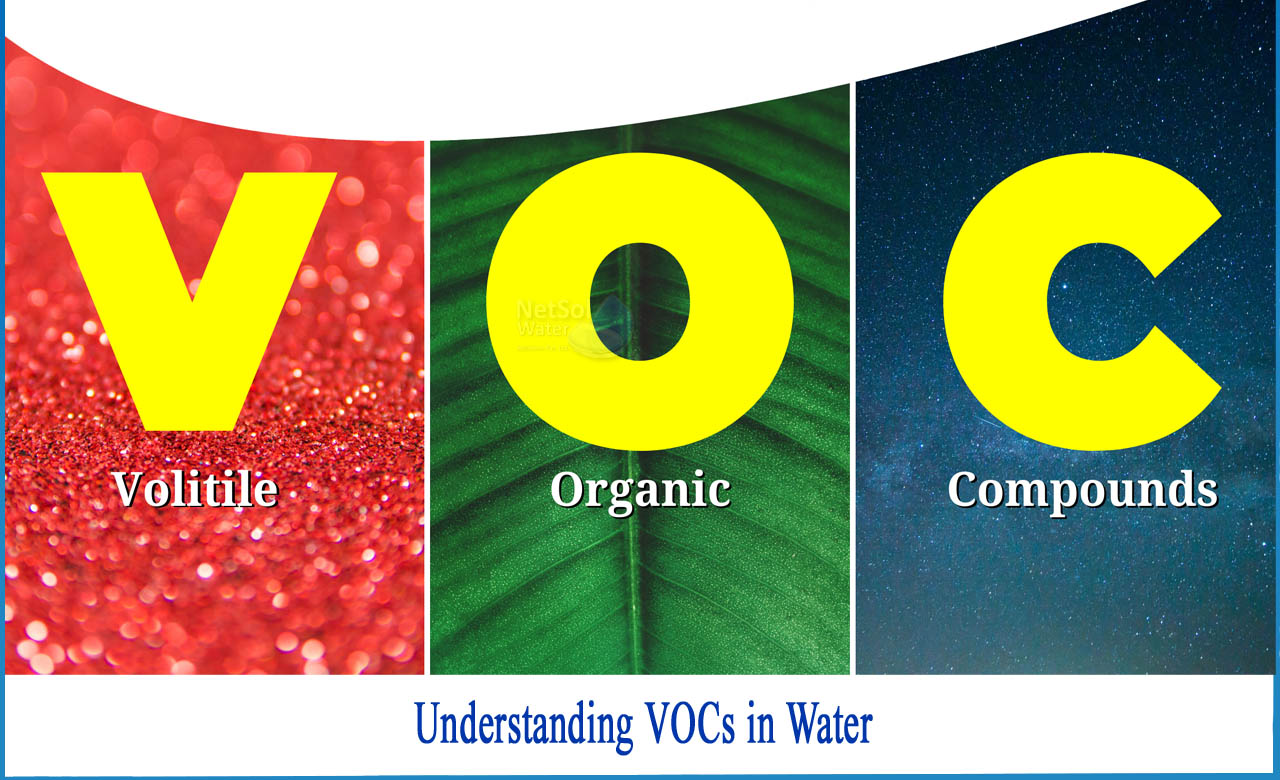WHAT ARE VOLATILE ORGANIC COMPOUNDS (VOCS)?
VOCs (volatile organic compounds) are organic substances with extremely low boiling temperatures. As a result, they will easily change into gases and vapours when exposed to typical air temperatures. Volatility refers to their propensity to change to gas even at temperatures considerably below freezing. Volatile organic compounds (VOCs) include:
1- Chlorinated solvents
2- fuel components.
The most common VOCs that are found in drinking water are:
1-Chlorinated solvents
These are commonly utilised in industry and in everyday items. These compounds are or have been used as degreasing fluids for a variety of applications, including dry cleaning, decaffeinating coffee, cleaning metal machinery, and removing grease build-up in septic tanks.
2-Fuel components
Chemicals contained in products like gasoline, kerosene, and heating oil are known as fuel components.
HOW DO VOCs GET INTO YOUR WATER TO DRINK?
VOCs have a high mobility in the environment. These chemicals can migrate downward through the soil and finally wind up in the groundwater if incorrectly thrown onto the ground. Because VOCs tend to evaporate from water into the air, they are rarely found in drinking water that comes from a surface water source like a lake, reservoir, or stream.
Chlorinated solvents found in GW have been traced to sources such as home septic tanks, hazardous waste dumps, municipal landfills and industrial facilities. Fuel components are found in GW when the fuel is directly spilled on ground or finds any leaking path from an underground reservoir.
WHAT IS THE BEST WAY TO TEST FOR VOCS IN WATER?
Taking a water sample and sending it to a recognised laboratory is the only way to effectively analyse VOCs in water. If you get your water from a well, you should test it for volatile organic compounds at least once a year. Testing your water on a regular basis is the only way to know for sure if your VOC levels are too high. Waterborne VOCs don't always have a distinct odour, flavour, or colour.
HEALTH CONSEQUENCES WHICH VOCS IN DRINKING WATER COULD HAVE:
VOCs are estimated to be present in one-fifth of the nation's water supply, according to the US Environmental Protection Agency (EPA). They can get into drinking water from a number of places. Exposure risk is determined based on the individual constituents of the VOC compound, with each having the potential to cause different symptoms, human health consequences, or illnesses. Irritation of the eyes, nose, and throat, headaches, lack of coordination, and nausea are among symptoms of volatile organic chemicals. The liver, kidneys, and central nervous system can all be harmed by prolonged exposure. It's still up for debate whether they're carcinogenic or not. Some organics have been shown to cause cancer in animals, and others are suspected of causing cancer in humans.
To restrict the VOCs drawbacks on health it is best to install an RO system which is capable of providing the water free from VOCs, also some of the steps can be taken till the time you install a perfect water treatment plant which are:
-In cooler water, shower or wash clothing and dishes. When the water is hot, VOCs are more likely to evaporate into the air you breathe.
-Reduce the amount of water used.
-Take shorter showers or baths, and wash dishes and clothes in shorter cycles.
-Bathrooms, washrooms, and kitchens should be ventilated during and after water use.




